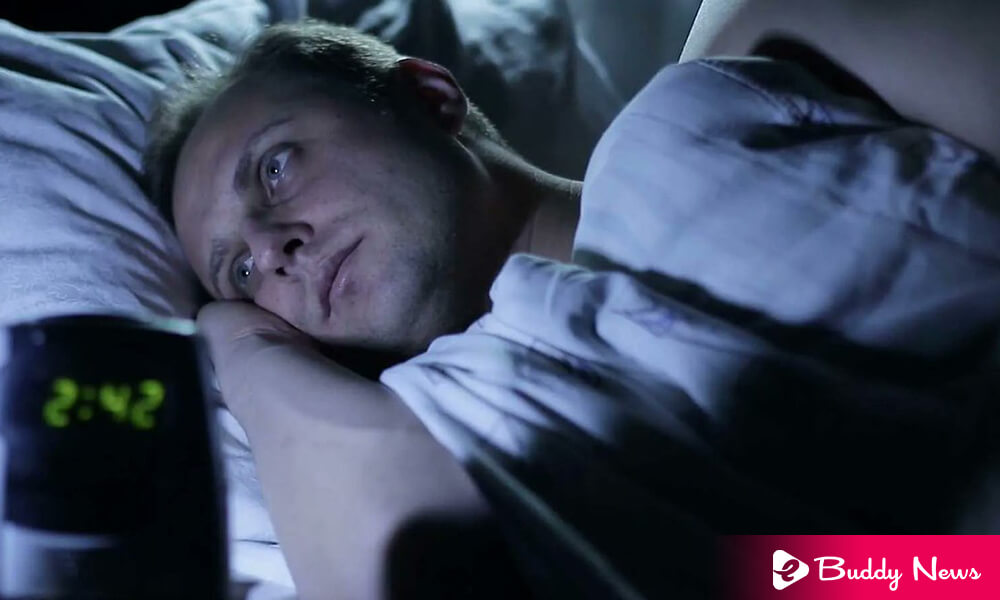Sleep Disorders And Its Symptoms, Causes, Types, Diagnosis, And Treatment

Sleep disorders are not serious diseases, but they have serious implications in daily life: physical exhaustion, poor performance, daytime sleepiness, and difficulty in fulfilling professional, family, or social obligations.
These disorders are hypersomnia, narcolepsy, insomnia, snoring and sleep apneas, parasomnias and other disorders, restless legs syndrome, night terrors, nightmares, and sleepwalking.
Its origin is very varied. Sometimes, it appears as an effect of other diseases. Others constitute risk factors that favor the appearance of other pathologies.
For this reason, the proper diagnosis and treatment of these patients require a multidisciplinary approach. For its diagnosis, a polysomnography or sleep test is performed, recording physiological variables at night.
Symptoms Of Sleep Disorders
Some of the symptoms that sleep disorders produce are physical exhaustion, poor performance, daytime sleepiness, difficulty in fulfilling family, professional, or social obligations, etc.
As there are different sleep disorders, each one has specific symptoms.
Sleepwalking
They are walking semiconsciously while asleep.
Insomnia
It is difficulty falling asleep, nighttime awakenings, or premature ending of sleep.
Restless Legs
People may feel uncomfortable and painful numbness (tingling sensation) on the inside of the legs, spontaneous and uncontrollable movements.
Night Terrors
They have terrifying episodes of screaming and shaking, sometimes accompanied by sleepwalking.
Narcolepsy
Narcolepsy is repeated sleep crises during wakefulness.
Snoring And Sleep Apnea
It obstructs the pharynx that does not allow air to pass through.
Hypersomnia
It increases habitual sleep by 25%.
Furthermore, the most common symptoms are:
- Inability to fall asleep.
- Wake up early.
- Physical exhaustion
- Low-performance
- Daydream
- Difficulties in professional, family, or social obligations, etc.
Causes For Sleep Disorders
Sometimes, sleep disorders appear as an effect of other diseases and are risk factors for the appearance of other pathologies.
- The case of insomnia, anxiety, hyperthyroidism, psychiatric illnesses, or those that cause pain is its most common causes.
- In hypersomnia, with severe anxiety or depression, hypnotic abuse or sleep apnea may associate with this cause.
- Snoring is caused by temporary mechanical obstruction of the upper respiratory tract, more frequent in men over forty years of age, especially if they suffer from obesity. In many cases, obstructive sleep apnea may accompany it.
- In the case of narcolepsy, chronic hypersomnia is caused at an early age.
- Bruxism is due to emotional stress and occlusal interferences.
- Iron deficiency anemia, diabetes mellitus, chronic kidney failure, or Parkinson’s disease may cause restless legs.
- Also, some drugs can aggravate the symptoms.
Stages Of Sleep Disorders
The pattern of sleep is not uniform but has several differentiated phases:
- Phase1-N1. Numbness occurs, the transition between wakefulness and sleep.
- Phase2-N2. Sleep is light. It reduces heart rate and respiratory rate.
- Phase 3. It is the transition phase toward deep sleep.
- Phase 4. The depth is greater, and it isn’t easy to wake up.
- REM-R phase. In which rapid eye movements and increased brain activity occur. This phase increases in the second half of the night.
Diagnose Of Sleep Disorders
The correct diagnosis and treatment of patients who present some sleep disturbance require an approach from different medical specialties integrated into the Sleep Unit.
A polysomnography or sleep test with simultaneous video recording is required to diagnose properly. It consists of recording physiological variables such as electroencephalogram, nasal flow, oxygen saturation, and heart rate during the night. It allows for knowing the structure of the patient’s sleep and cataloging their disorder.
Sleep Disorders Treatment
Treatment for Sleep disorders can depend on the type and primary cause. However, it usually includes a combination of medical treatment and lifestyle changes.
Medical Treatments
Medical treatment for sleep disorders might incorporate any of the following:
- sleeping pills
- melatonin supplements
- cold allergy medication
- medications for any underlying medical problems
- breathing device or surgery (usually for sleep apnea)
- dental guard (usually for teeth grinding)
Changes In Lifestyle
Lifestyle adjustments can significantly improve your sleep quality, especially when done in conjunction with medical treatments. You may want to consider:
- include more vegetables and fish into diet, and reduce your sugar intake
- doing exercising and stretching may reduce stress and anxiety
- sticking and creating a regular sleep timetable
- drink less water before going to sleep
- limit your caffeine infusion, especially in the late afternoon or evening
- reduce the consumption of alcohol and tobacco
- eat smaller low-carb meals before bed
- keep a healthy weight as recommended by your doctor
Going to bed and waking up simultaneously on a daily routine can also significantly improve your sleep quality. Although you may feel like sleeping on the weekends, it can be more difficult to wake up and fall asleep during the week.














